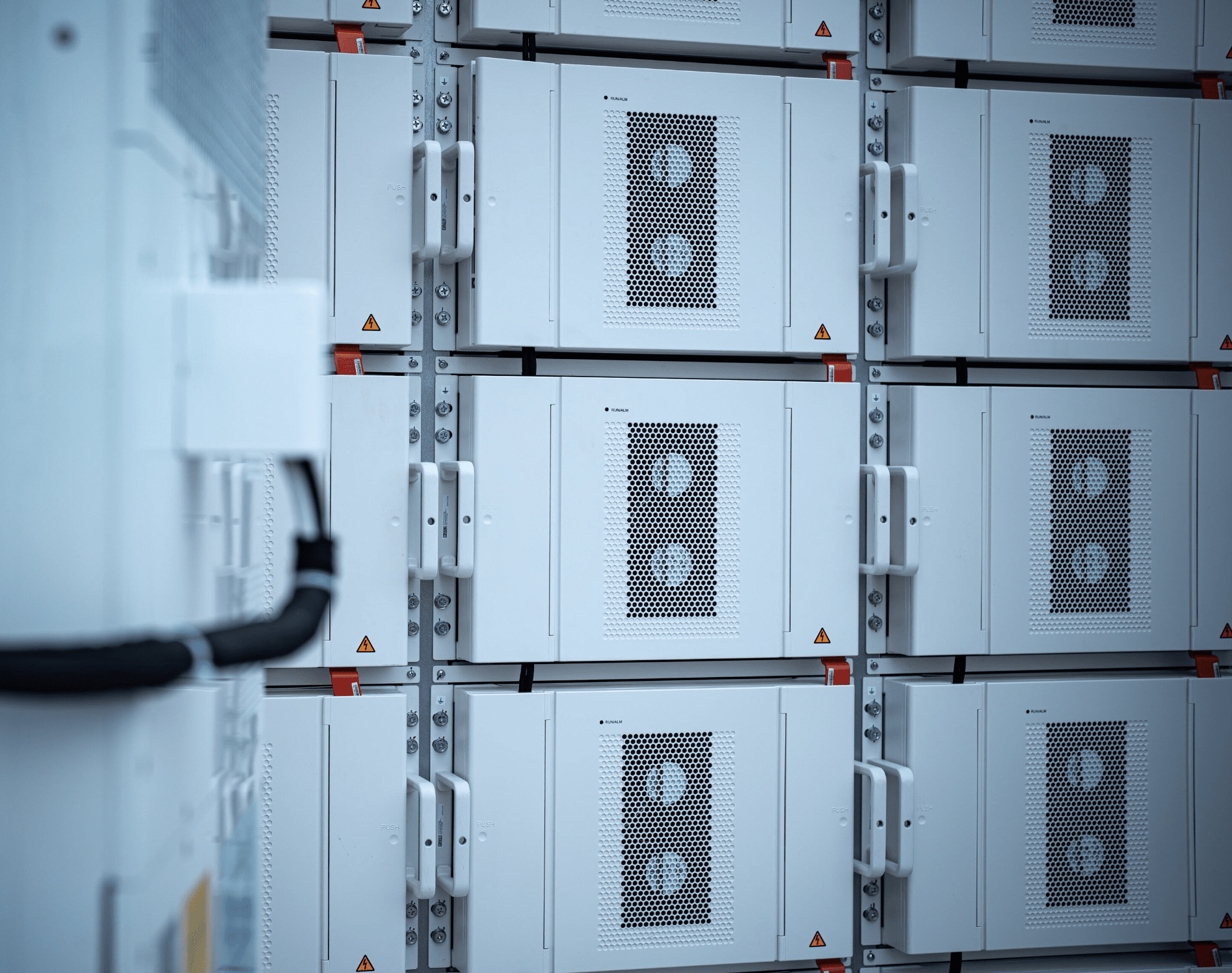The 144 MW / 600 MWh battery for the 244 MW Risti solar park, the largest in the Baltics, developed by Sunly and Metsagrupp, has received a building permit. The battery can cover 10% of Estonia’s electricity consumption for four straight hours during winter.
The newly approved 144-megawatt battery will store energy from a solar park, from which it can provide 600 megawatt-hours of electricity to the grid during the evening, when the sun is not shining.
Adam Erki Enok, project manager for Sunly's energy storage in Estonia, said that battery storage will be indispensable for future power grids, as they can quickly smooth out production shortages and surpluses after just a few seconds of activation. "Batteries allow for stable electricity supply to consumers regardless of the weather. This significantly affects the production of solar and wind energy," Enok explained.
He confirmed that short-term storage will make electricity prices more favorable for consumers. In addition to short-term battery storage, Estonia's electrical system needs long-term storage, such as the pumped hydro energy storage plant being built in Paldiski. "Only a combination of different technologies can cover 80 percent of Estonia's electricity consumption from local wind and solar energy," Enok added.
Short-term storage refers to batteries with a capacity of two to four hours. These are crucial for energy price formation and energy security, but they do not replace long-term storage. Long-term storage, which can deliver energy for 24 to 30 hours, will become important as renewable energy production grows. For example, an energy storage facility would function as a regional energy reserve on windless and cloudy days.
Regardless of the technology used, storage means lower and more stable energy prices for consumers. Without storage, electricity must be imported or expensive reserve stations must be activated during peak prices. Storage helps utilize affordable wind and solar energy even when no energy is being produced. At the same time, Estonia's grid electricity carbon footprint decreases, as stored renewable energy can be used instead of activating fossil fuel-powered reserve stations.
The connection point for the Risti solar park has been built in a way that makes adding other production options to the grid as easy as possible. In addition to the newly approved battery, Sunly plans to add wind turbines to the Risti area in the future. The 244-megawatt solar park is expected to be completed in the second half of next year. The 144-megawatt and 600-megawatt-hour battery will be completed in 2027, and the wind farm in 2028. These three production units will ensure the most efficient electricity production and provide local businesses with favorable conditions for purchasing electricity at a discount via direct line, without paying grid fees.
